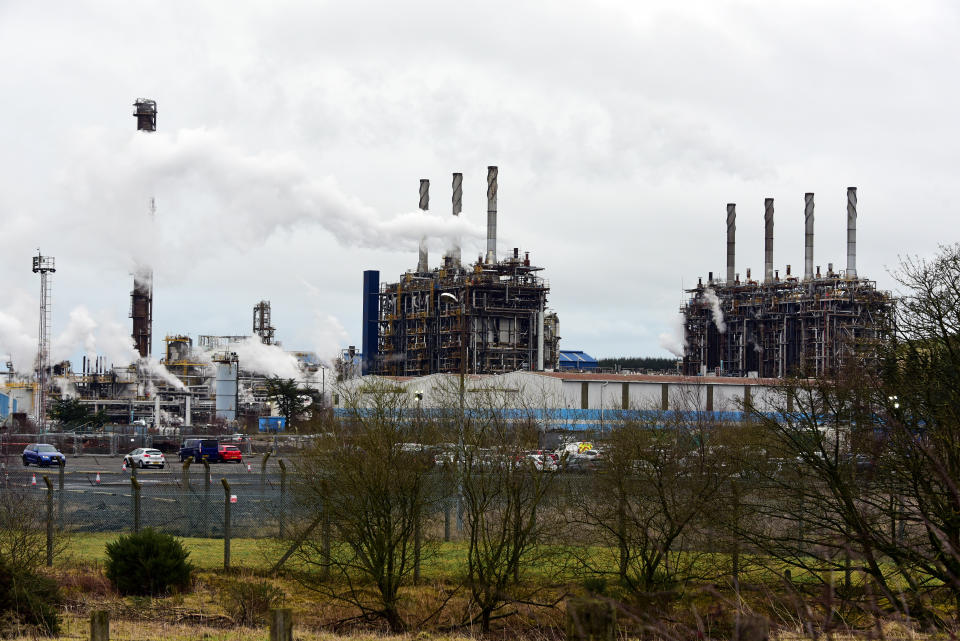UK manufacturing sector continues rebound but warns on coronavirus impact

The UK manufacturing sector expanded at its fastest pace since April 2019 in February, even as the sector warned of “rapidly emerging” supply chain disruptions related to the spread of coronavirus.
A closely watched survey by IHS Markit found that the growth of manufacturing output accelerated to a 10-month high last month, with the sector’s purchasing managers’ index reading coming in at 51.7, just slightly below analyst expectations.
PMIs are an indicator of private sector activity and are given on a scale of 1 to 100. Anything above 50 signals growth, while anything below means contraction.
READ MORE: European stocks surge as central banks pledge to tackle coronavirus
“The UK manufacturing sector remained in recovery mode in February, as reduced levels of political uncertainty following last year's general election translated into further growth of output and new orders,” said Rob Dobson of IHS Markit on Monday.
IHS Markit said that the outbreak of coronavirus, which has shuttered factories in China, has led to “sizeable raw material delivery delays, rising input costs and increased pressure on stocks of purchases.”
Companies reported reduced demand from China, and vendor lead times — a key measure of supply chain readiness — lengthened to the greatest extent since July 2018.
Supplier delivery times fell by the most since the survey began 28 years ago, while stocks of purchases fell at the fastest rate in over seven years.
“European and Asian clients held back on contracts citing continuing Brexit fears and now the potential acceleration in disruption caused by the coronavirus,” said Duncan Brock, the group director at the Chartered Institute of Procurement and Supply.
“As factories closed and workforces stayed away in China, client hesitation was fast spreading into other regions of the world.”
Most other indicators from the survey point to a continued rebound in the economy in the wake of December’s emphatic general election result.
READ MORE: Europe’s economy braces for coronavirus hit as market panic grips
The rate of new work in the sector expanded for the second straight month in February, climbing to an 11-month high.
IHS Markit pointed to “reduced levels of political uncertainty” and successful promotional activities, as well as a recovery in domestic market strength.
Business optimism in the sector also hit a nine-month high, which IHS Markit said was also reflective of planned new investment, product launches and improved market conditions.
Other closely watched data releases have pointed to a clear, if modest, rebound for the economy in the wake of the general election.
Business optimism has also ticked up and there has been an improvement in the housing market.

 Yahoo Finance
Yahoo Finance 
